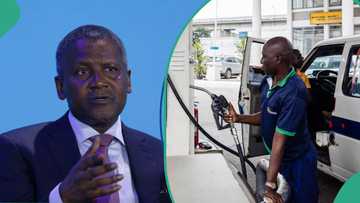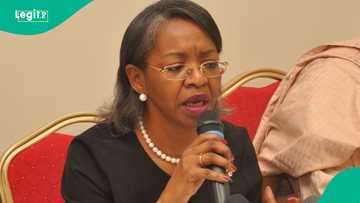Benin, Togo Fail to Fully Pay Nigeria for Exported Electricity, NERC Reports Amount Owed
- Benin and Togo, along with other international customers, paid only half of the $17.54 million billed by Nigeria for electricity in Q2 2025
- Reports showed that CEET of Togo made no payment, while SBEE of Benin and NIGELEC of Niger only partially paid their invoices
- The Nigerian Electricity Regulatory Commission warned that these shortfalls were straining the country’s electricity supply industry
Legit.ng journalist Victor Enengedi has over a decade's experience covering Energy, MSMEs, Technology, Banking and the Economy.
Benin and Togo failed to pay more than half of their electricity bills to Nigeria for power supplied in the second quarter of 2025, according to a recent report by the Nigerian Electricity Regulatory Commission (NERC).
The commission’s Q2 2025 report showed that six international customers who received electricity from Nigerian generation companies remitted just $9.01 million out of a total $17.54 million billed by the Market Operator during the period.
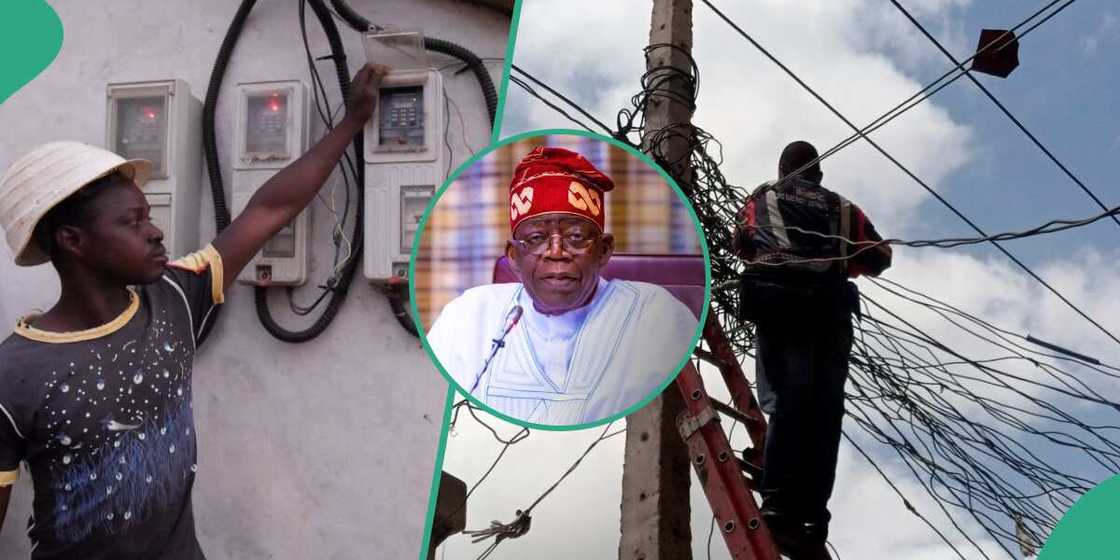
Source: UGC
This left an outstanding balance of approximately $8.53 million, representing a payment performance rate of only 51.33%.
Nigeria exports electricity to various countries, including Niger, Togo, and the Republic of Benin, based on strategic agreements with neighbouring countries.
The report identified major international customers as Benin’s Société Béninoise d’Énergie Électrique (SBEE), Togo’s Compagnie Energie Electrique du Togo (CEET), and Niger’s NIGELEC.
NIGELEC paid $2.59 million of the $3.71 million invoiced, achieving a 69.8% payment rate. However, CEET failed to make any payment on its $4.31 million bill. SBEE, which sources power from Transcorp and Paras Energy, also did not settle its full invoice.
NERC stated in the report:
“The six international bilateral customers being supplied by GenCos in the NESI made a payment of $9.01m against the cumulative invoice of $17.54m issued by the MO for services rendered in 2025/Q2, translating to a remittance performance of 51.33 per cent.”
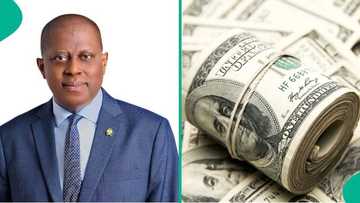
Read also
Big win for naira: CBN announces $8.6bn FX turnover as dollar inflows surge, reserves hit new high
It should be noted that the rising debt had earlier forced the Nigerian government to mandate power-generating companies to reduce electricity supply to neighbouring countries.
Local companies also owe Nigeria
Domestic bilateral customers also underperformed, paying N1.4 billion out of a total N2.8 billion invoice for the same quarter, a remittance rate of 50.10%.
Of all contracts, only the Transcorp (Ughelli)–SBEE agreement saw full payment, with the customer settling the entire $5.47 million invoice.
In contrast, no payments were recorded for other arrangements, including Paras–SBEE, Paras–CEET, and Odukpani–CEET.
The report also noted that one domestic bilateral customer made partial payments for invoices from previous quarters.
Specifically, Trans-Amadi (OAU/FMPI) paid N10.53 million toward past-due bills during the quarter under review.
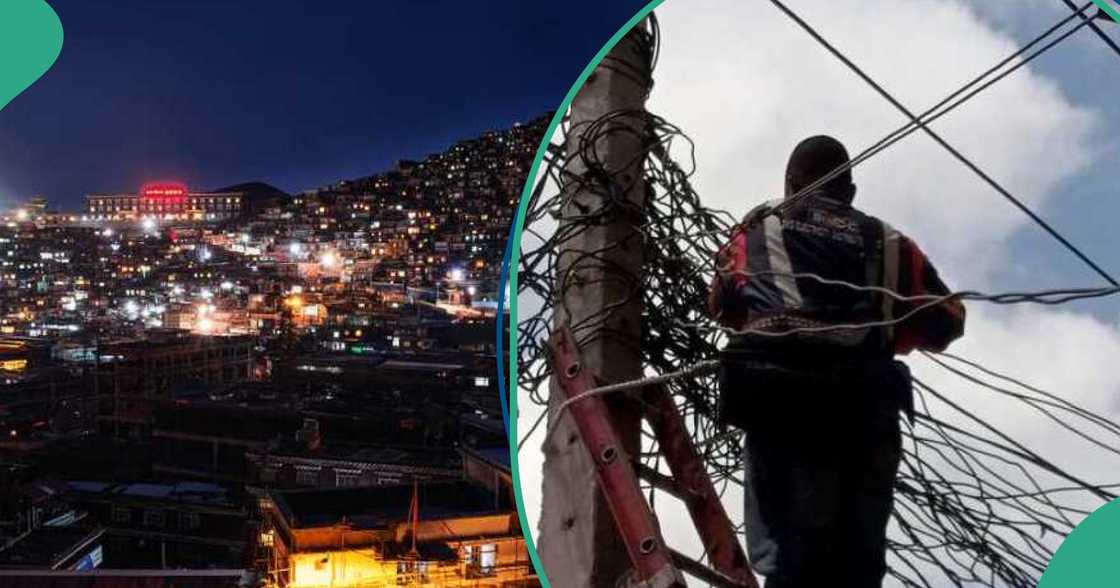
Source: Getty Images
NERC warned that continued underpayments from both foreign and local bilateral customers threaten the financial health of the Nigerian Electricity Supply Industry (NESI), which depends on timely remittances to keep generation and grid operations running smoothly.
Cabal benefitting from poor electricity in Nigeria
Meanwhile, Legit.ng reported earlier that Barth Nnaji, a former minister of power, alleged that fuel suppliers and generator sellers are sabotaging efforts to ensure that Nigerians have consistent access to power.
He made the claim while participating in "The South East Political Roundtable" on Flo FM in Umuahia, Abia State.
According to the former minister, the ongoing failure of the national grid remained a significant source of concern for Nigerians.
Proofreading by James Ojo, copy editor at Legit.ng.
Source: Legit.ng

